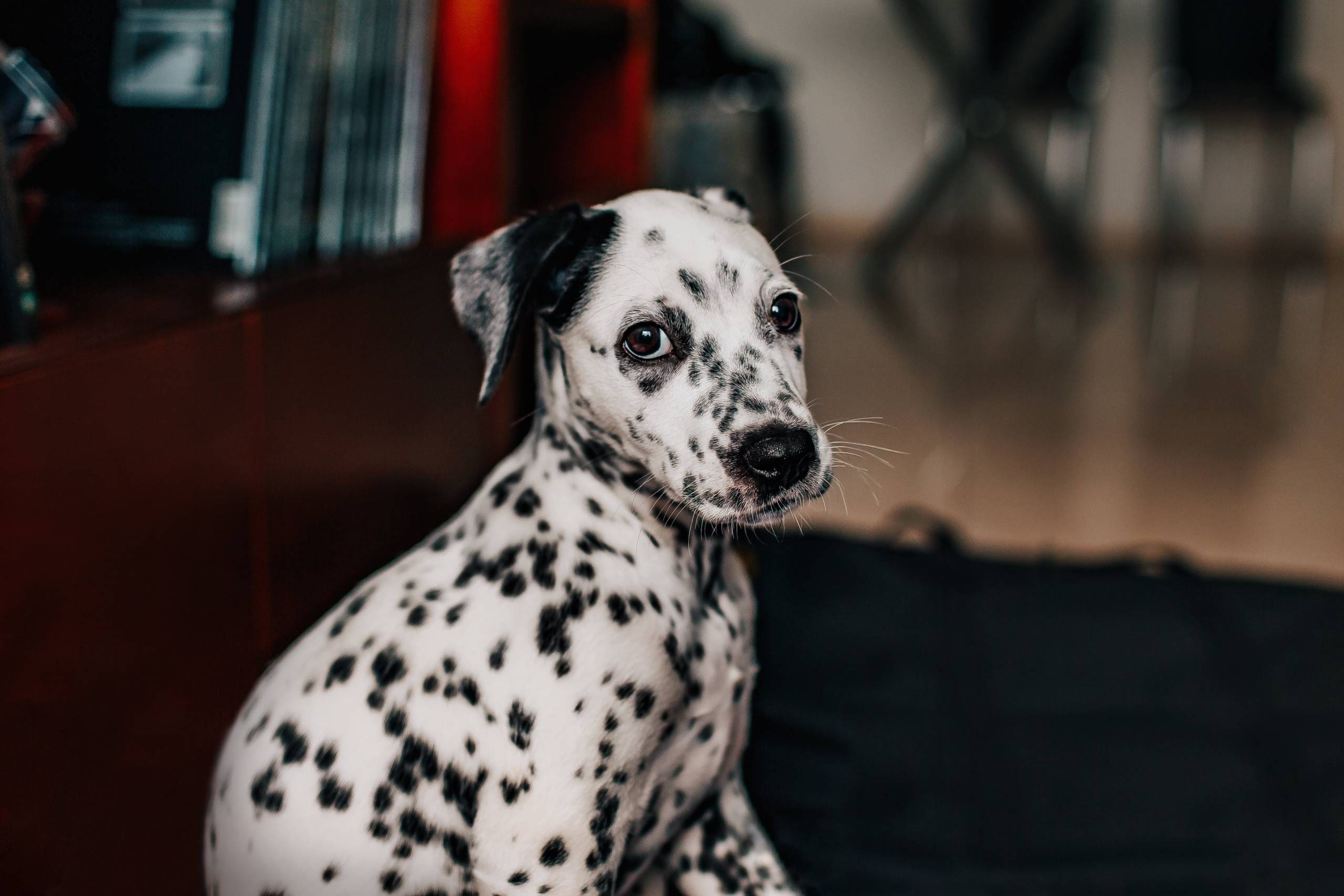
Understanding Why Dogs Eat Poop
It’s not uncommon for dogs to eat poop, and while it may seem revolting to us, there are several reasons why they do it. One potential reason is that dogs are natural scavengers, and this behavior may have evolutionary roots. In some cases, it may also be a sign of dietary insufficiency or a behavior learned from their mother. Additionally, certain medical conditions or parasites can trigger coprophagia, the scientific term for eating feces. Understanding the underlying reasons can help in addressing the behavior effectively.
The Risks Associated with Coprophagia
While coprophagia itself may not always be harmful, it can pose certain risks to your dog’s health. For instance, if your dog consumes the feces of another animal, it can lead to the ingestion of parasites or harmful bacteria. This can result in gastrointestinal issues and, in severe cases, infections. Moreover, if your dog ingests their own feces, it can interfere with their nutrient absorption and digestive processes, potentially leading to deficiencies.
Strategies to Address and Prevent Coprophagia
If your dog has developed a habit of eating poop, there are several strategies you can implement to help curb this behavior. First and foremost, it’s essential to ensure that your dog’s diet is nutritionally balanced and appropriate for their age and health status. Providing regular meals and high-quality food can help reduce the likelihood of coprophagia due to dietary insufficiency. Additionally, keeping your dog’s living environment clean and promptly removing their feces can minimize the opportunity for them to engage in this behavior.
Training and Behavioral Interventions
Training and behavioral interventions are also crucial in addressing coprophagia. Teaching your dog the “leave it” command and rewarding them for complying can be an effective way to discourage scavenging behaviors. Consistency is key, so be patient and persistent in reinforcing this command. It’s also important to provide your dog with mental and physical stimulation to prevent boredom, as this can sometimes lead to coprophagia as a form of entertainment or attention-seeking behavior.
Seeking Veterinary Advice
If you’ve tried various strategies and your dog’s coprophagia persists, it’s important to seek advice from a veterinarian. They can rule out any underlying medical conditions and provide tailored recommendations to address the behavior. Depending on the circumstances, your vet may suggest dietary adjustments, supplements, or medication to address any potential health issues contributing to the behavior.
In conclusion, coprophagia can be a challenging behavior to address, but with patience, understanding, and the right strategies, it’s possible to help your dog overcome this habit. Remember, every dog is unique, so the effectiveness of different approaches may vary. By taking a proactive and compassionate approach, you can work towards ensuring a healthier and happier life for both you and your furry companion.
[/fusion_text]

